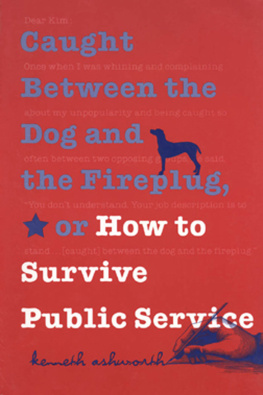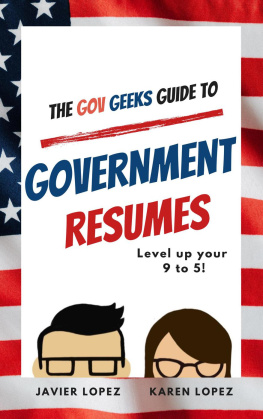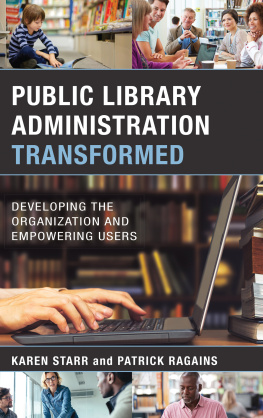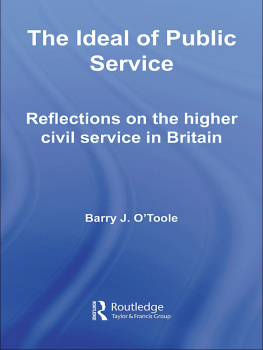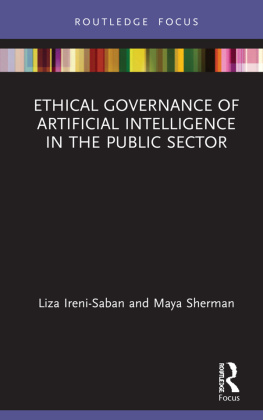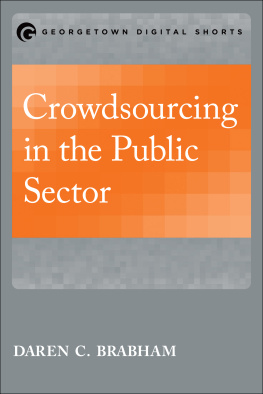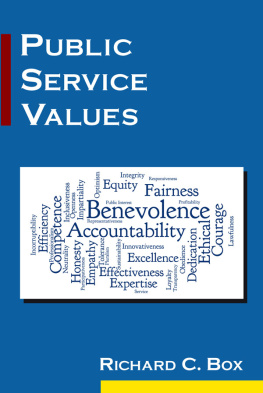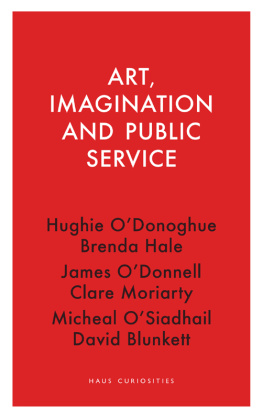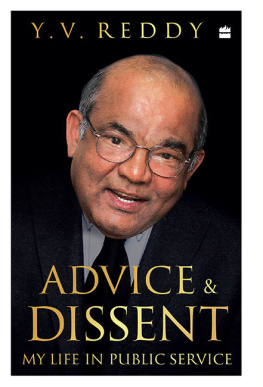Georgetown University Press, Washington, D.C. 20007
2001 by Georgetown University Press. All rights reserved.
Printed in the United States of America
10 9 8 7
This volume is printed on acid-free, offset book paper.
Library of Congress Cataloging-in-Publication Data Ashworth, Kenneth H.
Caught between the dog and the fireplug, or How to survive public service / Kenneth Ashworth.
p. cm.
Includes index.
ISBN 0-87840-847-9 (pbk. : alk. paper)
1. Civil service. 2. Public administration. 3. Bureaucracy. 4. Career development. I. Tide: How to survive public service. II. Title.
JF1601 A75 2001
650.13dc21
00-047678
Foreword
It has long been obvious that the most useful writings about administration, politics, and leadership are those written by reflective practitioners, doers with a taste for thinking hard about what they were doing and how they were doing it.
During my life as a public executive in a dozen different kinds of organizations, I learned that much of each task was actually teachingthat is, helping colleagues understand the purpose and nature of whatever-it-was we were trying to do together. I consequently found much inspiration in the writings of those who had been there, done that practical thinkers such as Confucius and Caesar, Machiavelli and Clausewitz and Madison, Woodrow Wilson and Winston Churchill and Jean Monnet, Barnard and Brownlow and Appleby.
When I had my fling at teaching public administration, I initially didnt think of my own experience as teaching material. But the more teaching I did, the more I found that I was drawing on my own lives and worksboth to illustrate in a practical way the concepts and theories I was expounding, and to enliven the learning process itself.
Ken Ashworth, who seems to have drawn the same conclusion from a wholly different experience, has been the very model of a public executive. Educated in public administration, economics, and educational philosophy, he has worked in the federal and municipal governments, in academic administration, and latterly as a high official of the nations second largest state. For twenty-one years, from 1976 to 1997, he was Commissioner of Higher Education for the State of Texas, outlasting five governors and 10 chairmen of the Texas Higher Education Coordinating Board, which oversees all the universities, colleges, and community colleges in the state.
In our customary parlance he has never held political office; he was always a civil servant, a servant expected to be civil to politicians. But he has been acutely aware that he was always in policy politics, which meant that he couldnt be neutral on any policy question that touched higher education in that enormous state. His survival for two decades in so visible and vulnerable a position through several swings in Texas politics epitomizes the famous British definition: a civil servant is not neutral, but is loyal to one government at a time.
In these letters to Kim, the authors androgynous nephew/niece, Ken Ashworth unwraps the experience and exposes the ambiguities of life in large public-interest organizations.
It soon becomes clear that he thinks of the public servants role as an entrepreneur a word that in too many vocabularies connotes a profit-seeking business. He guesses that Kim will always be constrained by administrative mandates and political expectations. But his own experience has shown him that the larger an organization and the wider its reach, the looser it has to be to work at all. That means there is lots of room for entrepreneurship for pioneering, for imagination, for personal get-up-and-golots more room than is usually visible from the outside, or even from the inside to those who think its always someone elses turn to act first.
The bigger the problems to be tackled, the more real power is in practice diffused, and the larger the number of people who can exercise itif they are willing to work at it. Even in organizations whose leaders still depict them with boxes piled up in pyramids, there are leaders at every level. The complexity of organizations is distributing ever more widely the opportunity to leadand thus multiplying the requirement for leaders.
The advisory opinions in this book are valuable not only for the practical wisdom they contain, but also for their tone and voiceinformal, humorous, written in plain English. Ken Ashworth illustrates through style as well as substance why he has been successful as a public executive, and why he has therefore emerged with a vocation to teach.
Bureaucrat has long been a pejorative description of drones working lazily to get routine things done. This book is a wonderful antidote to that image. It reveals a seasoned executive with long and successful experience in bringing people together to serve the public interestwithout losing either his lan vital or his sense of humor.
Harlan Cleveland
Political scientist and public executive, president emeritus of the World Academy of Art and Science, former president of the American Society for Public Administration, and author or co-author of numerous books on executive leadership and international affairs
Preface
The idea of putting together a series of short essays about my personal experience in government came out of my teaching in the Lyndon B. Johnson School of Public Affairs at the University of Texas and at Texas A&M University in the George Bush School of Government and Public Service and in the College of Education. In returning to teaching after a lifelong public service career, ending with twenty-one years as the Texas Commissioner of Higher Education, my initial approach was to avoid telling war stories to my students or dwelling on my work experience. I suppose I was trying to deny my arrival at the age of anecdotage, as Louis Brownlow has called it. But all too frequently some concept or theory or construct we were discussing in class could be elucidated and enlivened by an example of an actual experience or event, usually from my own past. My students quickly began to tell me that it was especially useful to them for me to draw on practical experiences from my government career to illustrate the academic theories or models about policy making that we were studying in the course.
The format of using letters to a young bureaucrat for this book provided me several advantages. Each letter could serve as a brief essay on a subject that is important for public servants to examine. Second, my writing could be very informal and more easily accessible to younger readers than a textbook or a memoir. And, third, through the use of actual experiences and side comments I could try to pique readers continuing interest as well as to enlighten them. And finally, in addressing my letters to Kim, I make clear that my advice is as much addressed to young women as to young men (not as Lent Upson began his letters on public administration, a book of fifty years ago: To my attentive young Gentlemen).

